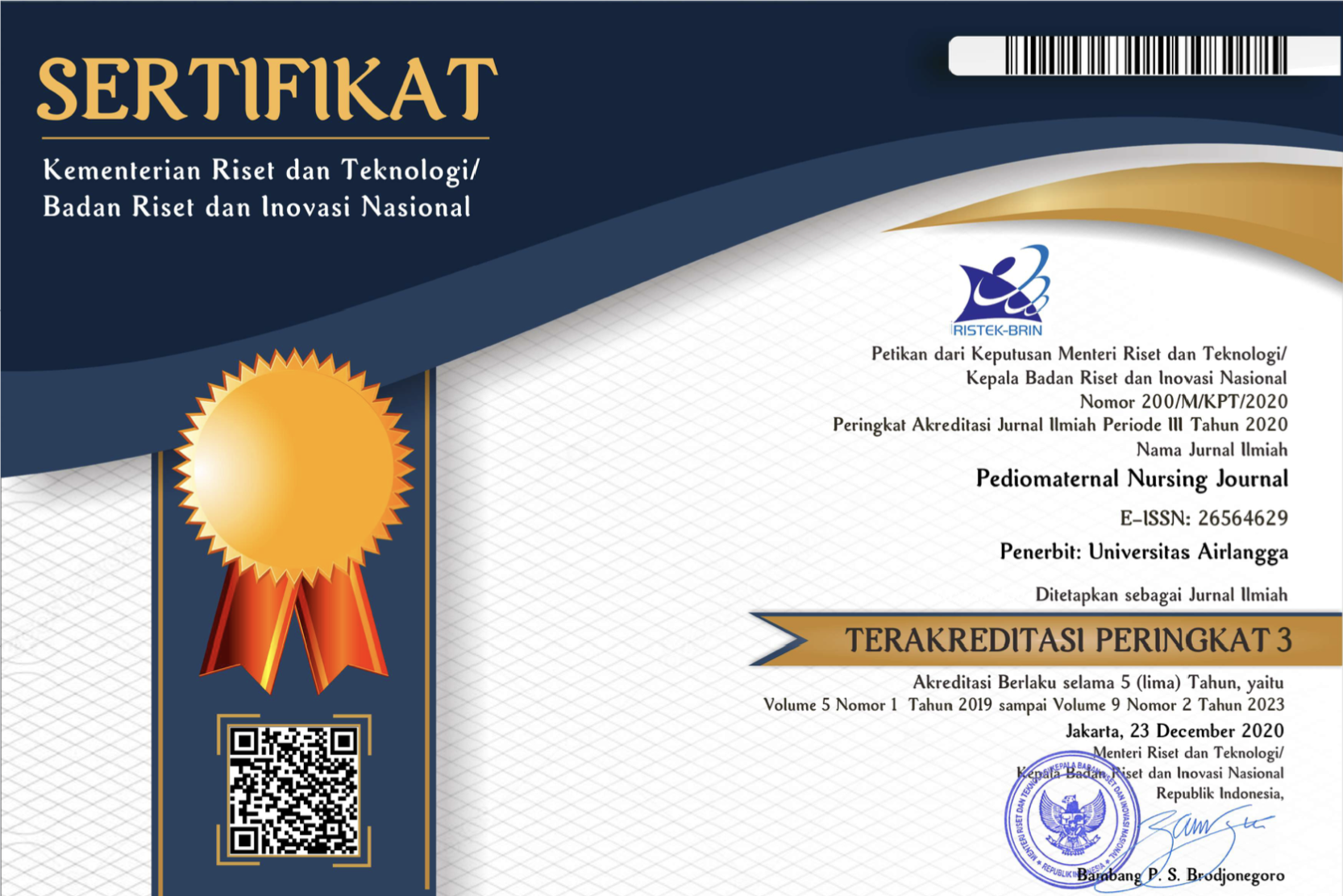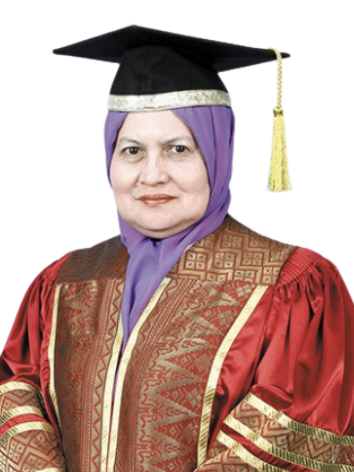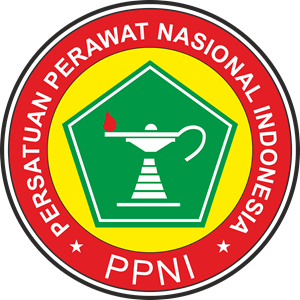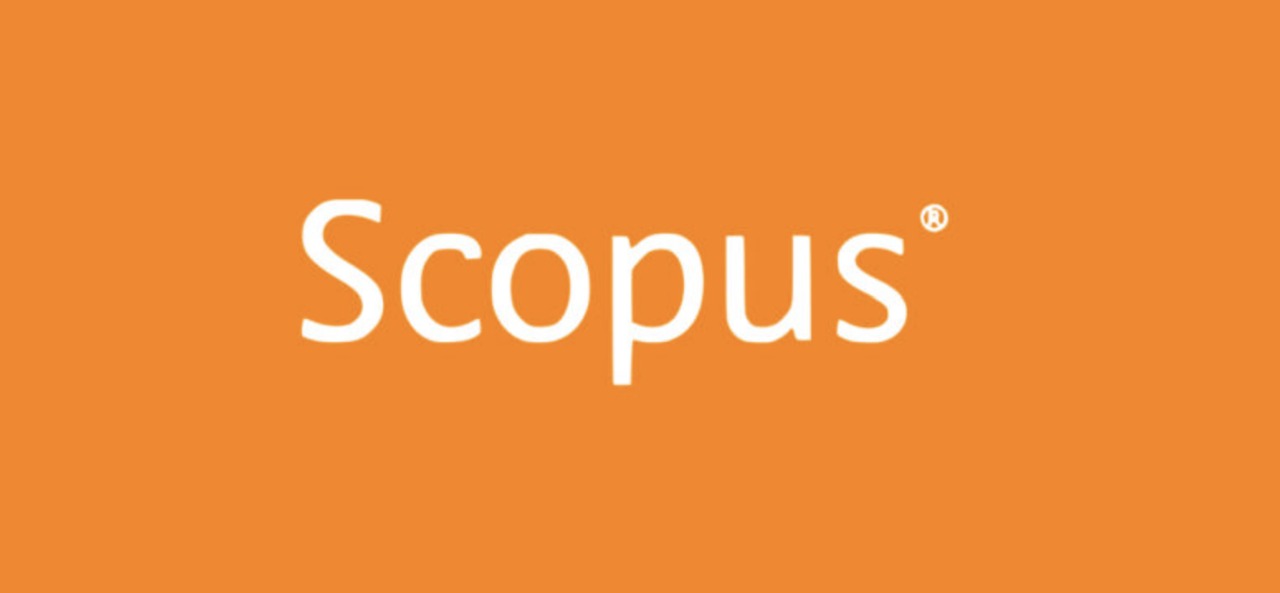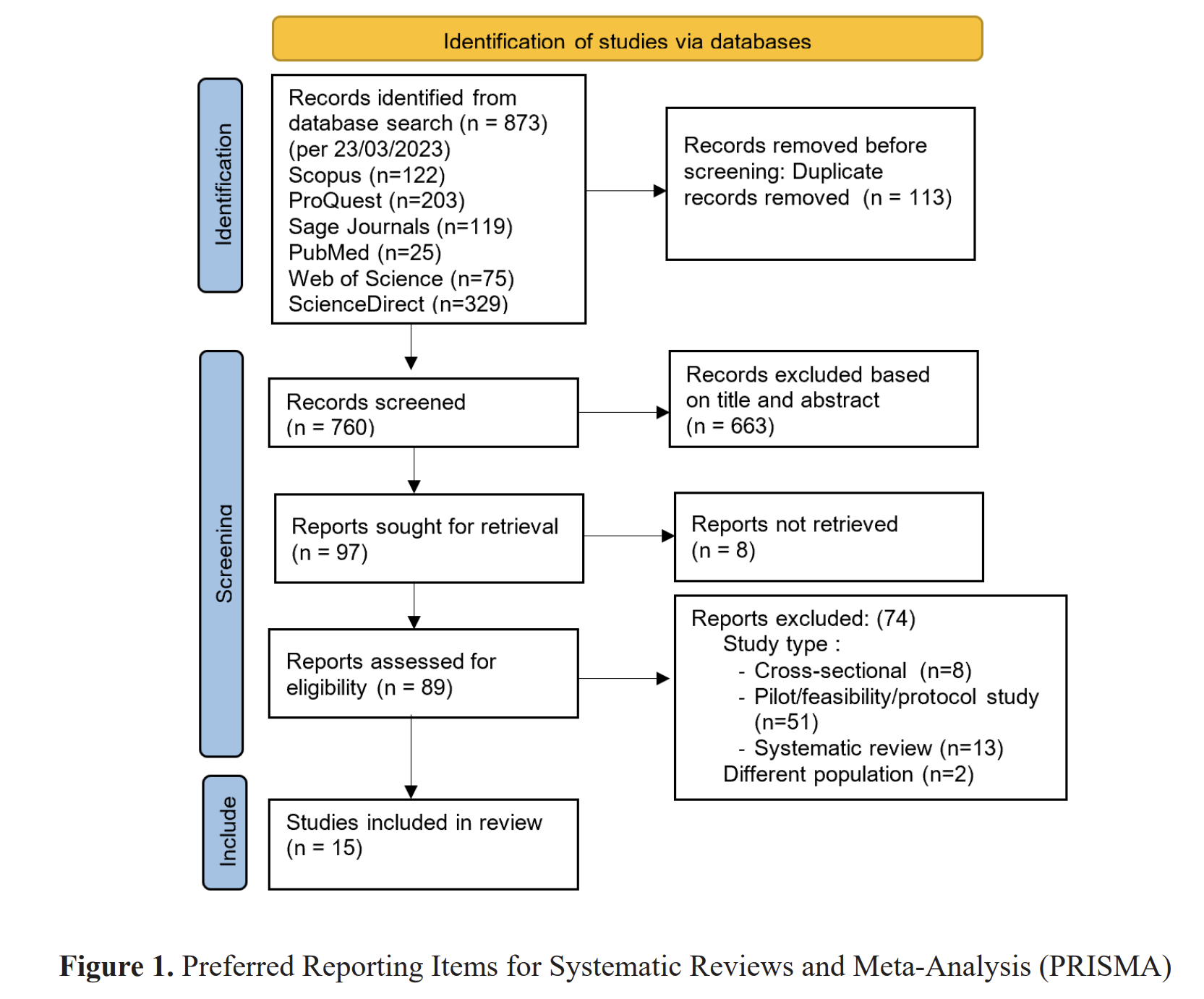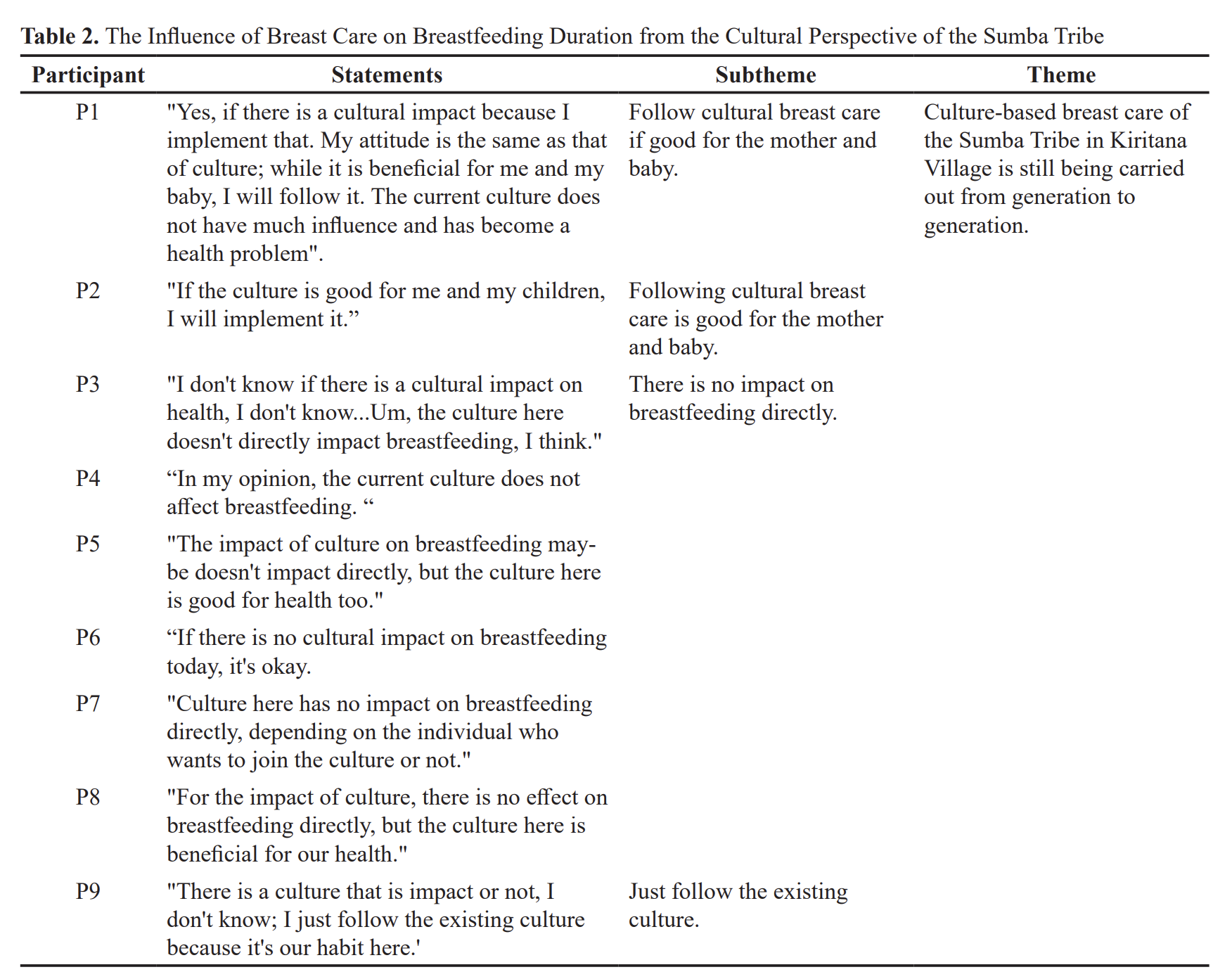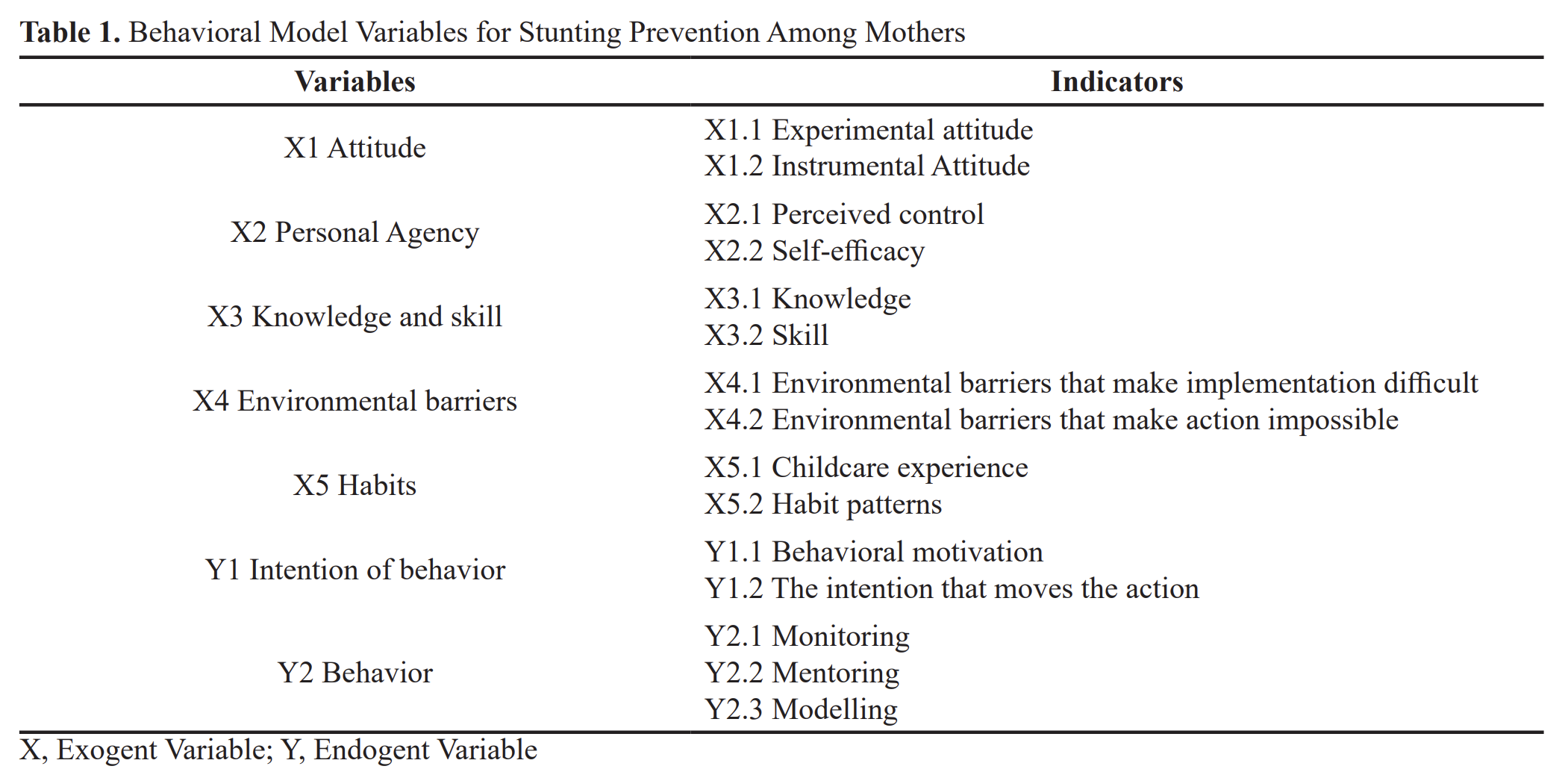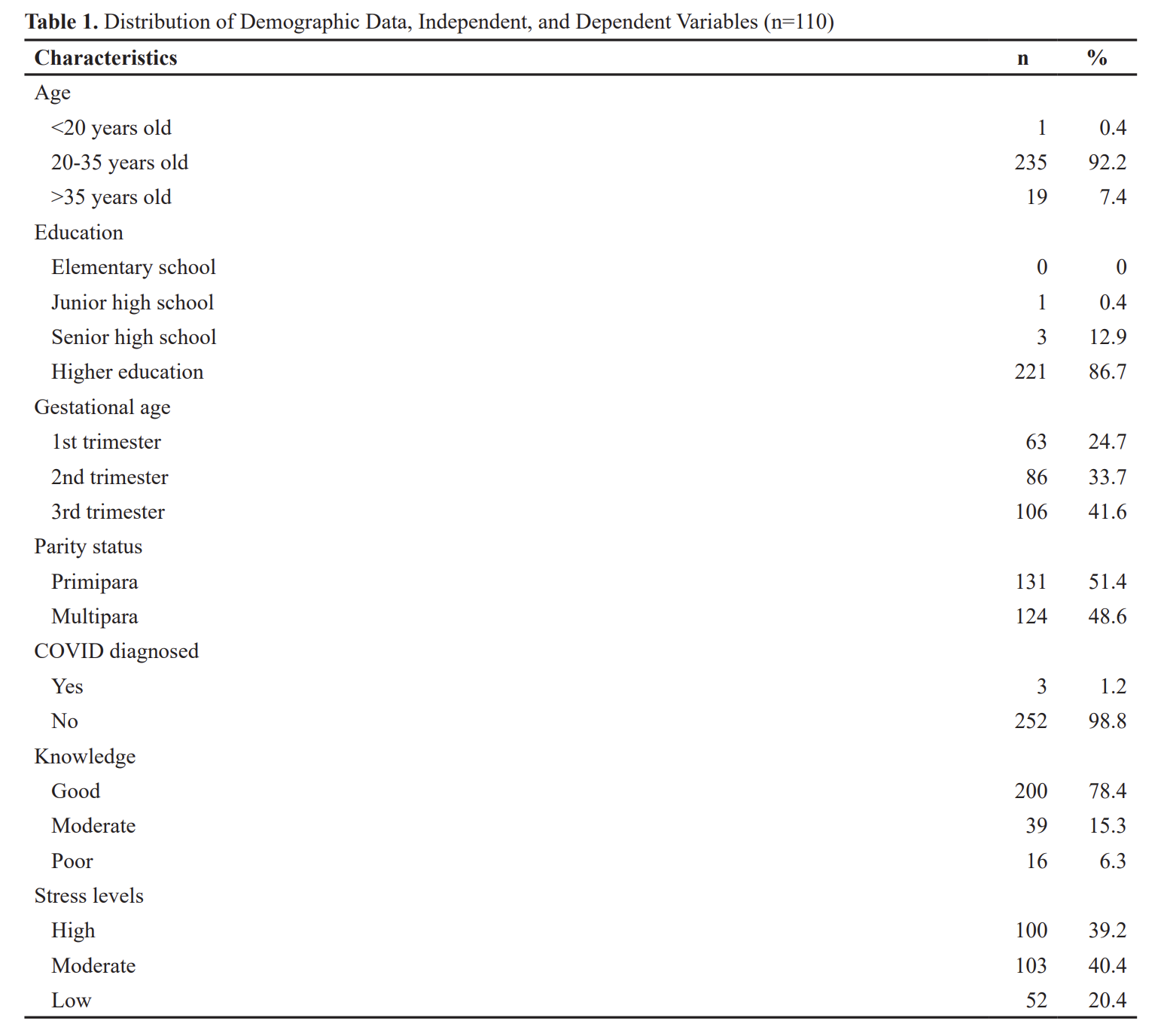Factors Associated with Exclusive Breastfeeding Practice by Mothers who Work as Health Workers
Downloads
Introduction: Health workers play a notable role as "the significant others" in increasing maternal awareness and participation in fulfilling exclusive breastfeeding practices. In this case, female health workers tend to be the role models for other mothers in the community, including their child-feeding behavior. Based on the existing knowledge and work experience, female health workers should be able to breastfeed their babies exclusively. Yet several previous studies have shown the opposite result. This study aimed to analyze the factors associated with exclusive breastfeeding practice by mothers who work as health workers in Tulungagung Regency Public Health Centers.
Methods: This study used a cross-sectional method. The sample in this study was 56 breastfeeding mothers who work as health workers in Tulungagung Regency Public Health Centers, selected by purposive sampling technique. Data were collected using a questionnaire and analyzed using the Chi-Square correlation test with a confidence limit of α=0.05.
Results: Knowledge (p=0.091), attitude (p=0.094), and working shifts (p=0.185) did not correlate with exclusive breastfeeding practice. Husband's support (p=0.000) and family support (p=0.024) correlated significantly with exclusive breastfeeding practice.
Conculusion: The breastfeeding mothers working as health workers who get a lot of support from their husbands and families tend to be confident to continue exclusively breastfeeding their babies despite returning to the workplace. The following researchers are expected to research other factors not examined in this study on a larger population and a more diverse health institution to determine how influential those factors are toward the exclusive breastfeeding practice.
Agustina, R., Prabandari, Y. S. and Sudargo, T. (2020) ‘Hambatan pemberian ASI ekslusif pada ibu bekerja: teori ekologi sosial', Jurnal Gizi Klinik Indonesia, 17(2), p. 64. doi: 10.22146/ijcn.50155.
Al-Darweesh, F. et al. (2016) ‘Knowledge, Intention, Practice, and Perceived Barriers of Breastfeeding among Married Working Women in Kuwait', International Journal of Community & Family Medicine, 1(1), pp. 1–6. doi: 10.15344/2456-3498/2016/108.
Alimuddin, N. M. N., Kapantow, N. H. and Kawengian, S. E. . (2017) ‘Hubungan Antara Pengetahuan dan Sikap Ibu dengan Pemberian ASI Eksklusif pada Bayi Berusia 6-12 Bulan di Wilayah Kerja Puskesmas Bailang Kota Manado', Kesmas, 6(4).
Ambarwati, W. N. and Mutias, A. R. (2020) ‘Dampak Lingkungan Kerja Terhadap Perilaku Ibu Menyusui Yang Bekerja The Impact of The Workplace Circumtance on Mothers ` Breastfeeding Behavior Who Work As Health Provider in Healthcare Services', Journal itspku, 17(2).
Apsari, I. (2009) ‘Gambaran Konsep Diri', pp. 7–29.
Assriyah, H. et al. (2020) ‘Hubungan Pengetahuan, Sikap, Umur, Pendidikan, Pekerjaan, Psikologis, Dan Inisiasi Menyusui Dini Dengan Pemberian Asi Eksklusif Di Puskesmas Sudiang', Jurnal Gizi Masyarakat Indonesia: The Journal of Indonesian Community Nutrition, 9(1), pp. 30–38. doi: 10.30597/jgmi.v9i1.10156.
Ayalew, T. (2020) ‘Exclusive breastfeeding practice and associated factors among first-time mothers in Bahir Dar city, North West Ethiopia, removed: A community based cross sectional study', Heliyon, 6(9), p. e04732. doi: 10.1016/j.heliyon.2020.e04732.
Bahriyah, F., Jaelani, A. K. and Putri, M. (2017) ‘Hubungan Pekerjaan Ibu Terhadap Pemberian Asi Eksklusif Pada Bayi Di Wilayah Kerja Puskesmas Sipayung', Jurnal Endurance, 2(2), p. 113. doi: 10.22216/jen.v2i2.1699.
Boniol, M. et al. (2019) ‘WHO | Gender equity in the health workforce: Analysis of 104 countries', World Health Organization, (March), pp. 1–8. Available at: http://apps.who.int/bookorders.
BPS (2019) Keadaan Angkatan Kerja di Indonesia. Edited by S. S. Ketenagakerjaan. Jakarta: BPS RI. Available at: https://www.bps.go.id/publication/download.html?nrbvfeve=YTk2Y2U0MWY3MmU1OWQ1ZGZiMWNhZDlm&xzmn=aHR0cHM6Ly93d3cuYnBzLmdvLmlkL3B1YmxpY2F0aW9uLzIwMTkvMDUvMzEvYTk2Y2U0MWY3MmU1OWQ1ZGZiMWNhZDlmL2tlYWRhYW4tYW5na2F0YW4ta2VyamEtZGktaW5kb25lc2lhLWZlYnJ1YXJpLTIwMTku.
Budiyanto, B., Asti, A. D. and Yuwono, P. (2015) ‘Hubungan Ketersediaan Fasilitas Penunjang Terhadap Keberhasilan Pemberian Asi Eksklusif Pada Ibu Yang Bekerja Sebagai Tenaga Kesehatan', Jurnal Ilmiah Kesehatan Keperawatan, 11(1), pp. 6–18. doi: 10.26753/jikk.v11i1.98.
Caitom, C. D. et al. (2019) ‘Hubungan Pengetahuan Dan Sikap Dengan Pemberian Asi Eksklusif Di Wilayah Kerja Puskesmas Sario Kota Manado', Kesmas, 8(7), pp. 108–114.
Dahro, A. (2012) Psikologi Kebidanan: Analisis Perilaku Wanita untuk Kesehatan. Jakarta: Salemba Medika.
Damayanti, D. S. (2015) ‘Faktor - Faktor Yang Berhubungan Dengan Pemberian ASI Ekslusif Pada Ibu Bekerja Sebagai Tenaga Keperawatan Di RSUD Pasar Rebo Tahun 2010-2011', Jurnal Ilmiah Kesehatan, 7(1), pp. 1–27. Available at: http://lp3m.thamrin.ac.id/upload/jurnal/JURNAL-1519365965.pdf.
Dewi, R. P. (2011) Faktor-Faktor yang Berhubungan dengan Pemberian ASI Eksklusif pada Perawat di RS Medistra Jakarta. Universitas Esa Unggul.
Dinkes Jawa Timur (2020) ‘Buku Data Menurut Provinsi dan Kabupaten', Profil Kesehatan Provinsi Jawa Timur, pp. 25–26.
Eberechukwu, Y. I. L. and Ada, U.-O. T. (2018) ‘Knowledge and Practice of Exclusive Breastfeeding Among Mothers Seen at the University of PortHarcourt Teaching Hospital', American Journal of Health Research, 6, p. 32. doi: https://doi.org/10.11648/j.ajhr.20180601.15.
Ekawati, D., Salimo, H. and Murti, B. (2017) ‘Biopsychosocial and Institutional Factors Associated with Exclusive Breastfeeding among Working Mothers in Klaten, Central Java', Journal of Health Promotion and Behavior, 02(03), pp. 197–206. doi: 10.26911/thejhpb.2017.02.03.01.
Fadhila, S. R. and Ninditya, L. (2016) Dampak dari Tidak Menyusui di Indonesia, Ikatan Dokter Anak Indonesia. Available at: https://www.idai.or.id/artikel/klinik/asi/dampak-dari-tidak-menyusui-di-indonesia.
Gebrekidan, K. et al. (2021) ‘Attitudes and experiences of employed women when combining exclusive breastfeeding and work: A qualitative study among office workers in Northern Ethiopia', Maternal and Child Nutrition, (August 2020), pp. 1–10. doi: 10.1111/mcn.13190.
Hani, R. U. (2014) Hubungan Dukungan Suami Terhadap Keberhasilan Pemberian ASI Eksklusif Pada Ibu Primipara di Wilayah Kerja Puskesmas Pisangan. Universitas Islam Negeri Syarif Hidayatullah Jakarta. Available at: https://repository.uinjkt.ac.id/dspace/bitstream/123456789/25664/1/Ratu Ummu Hani - fkik.pdf.
Hargi, J. P. (2013) Hubungan Dukungan Suami dengan Sikap Ibu Dalam Pemberian ASI Eksklusif di Wilayah Kerja Puskesmas Arjasa Kabupaten Jember. Universitas Jember. Available at: https://repository.unej.ac.id/bitstream/handle/123456789/3219/Jayanta Permana Hargi - 072310101008.pdf?sequence=1.
Iellamo, A., Sobel, H. and Engelhardt, K. (2015) ‘Working mothers of the world health organization western pacific offices: Lessons and experiences to protect, promote, and support breastfeeding', Journal of Human Lactation, 31(1), pp. 36–39. doi: 10.1177/0890334414558847.
Imani, A. F. (2018) Analisis Faktor yang Berhubungan dengan Pemberian ASI Eksklusif Pada Ibu Bekerja di Desa Wedoro. Universitas Airlangga.
Indonesia, K. K. R. (2020) Health Information Systemas. II. Edited by B. Hardhana, F. Sibuea, and W. Widiantini. Jakarta: Kementerian Kesehatan Republik Indonesia. Available at: https://pusdatin.kemkes.go.id/resources/download/pusdatin/profil-kesehatan-indonesia/Profil-Kesehatan-indonesia-2019.pdf.
Khaliq, A. et al. (2017) ‘Assessment of knowledge and practices about breastfeeding and weaning among working and non-working mothers', Journal of the Pakistan Medical Association, 67(3), pp. 332–338.
Kinasih, P. (2017) Pengaruh Dukungan Keluarga Terhadap Pemberian ASI Eksklusif di Puskesmas Wonosari I Kabupaten Gunungkidul Tahun 2017. Politeknik Kesehatan Kementerian Kesehatan Yogyakarta.
Lindawati, R. (2019) ‘Hubungan Pengetahuan, Pendidikan dan Dukungan Keluarga dengan Pemberian ASI Eksklusif', Faletehan Health Journal, 6(1), pp. 30–36. doi: 10.33746/fhj.v6i1.25.
Lok, K. Y. W., Bai, D. L. and Tarrant, M. (2017) ‘Family members' infant feeding preferences, maternal breastfeeding exposures and exclusive breastfeeding intentions', Midwifery, 53(January), pp. 49–54. doi: 10.1016/j.midw.2017.07.003.
Notoatmodjo, S. (2010) Metodologi Penelitian Kesehatan. Jakarta: Rineka Cipta.
Nursalam (2015) Metodologi Ilmu Keperawatan. IV. Jakarta: Salemba Medika.
Omer-Salim, A. et al. (2015) ‘"Negotiating the tensions of having to attach and detach concurrently”: A qualitative study on combining breastfeeding and employment in public education and health sectors in New Delhi, India', Midwifery, 31(4), pp. 473–481. doi: 10.1016/j.midw.2014.12.008.
Pitaloka, D. A., Abrory, R. and Pramita, A. D. (2018) ‘Hubungan antara Pengetahuan dan Pendidikan Ibu dengan Pemberian ASI Eksklusif di Desa Kedungrejo Kecamatan Waru Kabupaten Sidoarjo', Amerta Nutrition, 2(3), p. 265. doi: 10.20473/amnt.v2i3.2018.265-270.
Prasetio, T. S., Permana, O. R. and Sutisna, A. (2020) ‘Hubungan Pengetahuan , Sikap , dan Perilaku Ibu Tentang ASI dengan Keberhasilan ASI Eksklusif : Puskesmas Pancalang Kabupaten Kuningan', Jurnal Kedokteran & Kesehatan Hubungan, 6(1), pp. 1–6.
Priyono (2016) Metode Penelitian Kuantitatif. 2016th edn. Sidoarjo: Zifatama. Available at: https://www.researchgate.net/publication/304781758_BUKU_METODE_PENELITIAN_KUANTITATIF/link/577a7d1a08ae213761c9bafb/download.
Putu, N. et al. (2020) ‘Perilaku Pemberian Asi Eksklusif Pada Wanita Pekerja Tenaga Kesehatan Rumah Sakit Umum Pusat Sanglah', Jurnal Medika Udayana, 9(1), pp. 70–78.
Rosyadi, D. W. (2016) ‘Hubungan Antara Pengetahuan Ibu Bekerja, Jam Kerja Ibu dan Dukungan Tempat Bekerja dengan Keberhasilan Pemberian ASI Eksklusif di Wilayah Kerja Puskesmas Banyudono I', jurnal universitas muhammadiyah Surakarta. Available at: http://eprints.ums.ac.id/47204/28/1.NASKAH PUBLIKASI.pdf.
Sari, L. P., Salimo, H. and Budihastuti, U. R. (2017) ‘Optimizing the Combination of Oxytocin Massage and Hypnobreastfeeding for Breast Milk Production among Post-Partum Mothers', Journal of Maternal and Child Health, 02(01), pp. 20–29. doi: 10.26911/thejmch.2017.02.01.03.
Sari, R. P. and Adawiyah, S. R. (2021) ‘Breastfeeding Of Shift Working Mothers: a Qualitative Study', Jurnal Ilmiah Ilmu Keperawatan Indonesia, 11(01), pp. 54–61. doi: 10.33221/jiiki.v11i01.827.
Sari, Y. (2016) ‘Lack of exclusive breastfeeding among working mothers in Indonesia', Kesmas, 11(2), pp. 61–68. doi: 10.21109/kesmas.v11i2.767.
Secord, P. and Backman, C. (1964) Social Psychology. McGraw-Hill.
Septiani, H., Budi, A. and Karbito (2017) ‘Faktor-Faktor yang Berhubungan dengan Pemberian ASI Eksklusif Oleh Ibu Menyusui yang Bekerja Sebagai Tenaga Kesehatan', AISYAH: JURNAL ILMU KESEHATAN, 2(2), pp. 159–174. Available at: http://ejournal.stikesaisyah.ac.id/index.php/jika/%0A.
Srisopa, P. and Lucas, R. (2021) ‘Maternal perception of paternal breastfeeding support: A secondary qualitative analysis', Midwifery, 102(February), p. 103067. doi: 10.1016/j.midw.2021.103067.
Valizadeh, S. et al. (2018) ‘Coping mechanism against high levels of daily stress by working breastfeeding mothers in Iran', International Journal of Nursing Sciences, 5(1), pp. 39–44. doi: 10.1016/j.ijnss.2017.12.005.
Vera, E. Y. (2017) Dukungan Suami Pada Ibu Dalam Pemberian ASI Eksklusif di Wilayah Kerja Puskesmas Godean II Sleman Yogyakarta. Stikes Jenderal Achmad Yani Yogyakarta. Available at: http://repository.unjaya.ac.id/2315/2/ELFI YANTI VERA %281114139%29nonfull.pdf.
Wibowo, M. (2016) ‘Dukungan Informasi Bagi Ibu Menyusui Dalam Memberikan ASI Eksklusif', Jurnal Kesehatan Masyarakat, 11(2), p. 8.
Widayati, W., Sulistianingsih, A. and Saputri, N. (2020) ‘HUBUNGAN PERATURAN JAM KERJA DENGAN KEBERHASILAN PEMBERIAN ASI EKSKLUSIF DI INSTANSI KESEHATAN KABUPATEN PRINGSEWU', in Proceeding Book Health National Conference ‘Stunting dan 8000 Hari Pertama Kehidupan'. Mataram, pp. 81–84.
Yeo, M., Berzins, S. and Addington, D. (2007) ‘Development of an early psychosis public education program using the PRECEDE-PROCEED model', Health Education Research, 22(5), pp. 639–647. doi: 10.1093/her/cyl126.
Yunita, S. (2017) ‘Faktor - faktor Yang Berhubungan Dengan Pemberian ASI Eksklusif Pada Ibu Pekerja Di Kecamatan Umbulharjo Kota Yogyakarta.', Jurnal Kebidanan, p. 30.
Zhang, Z. et al. (2018) ‘What factors influence exclusive breastfeeding based on the theory of planned behaviour', Midwifery, 62(February), pp. 177–182. doi: 10.1016/j.midw.2018.04.006.
Copyright (c) 2022 Salma 'Afindi Iswara, Martono Tri Utomo, Woro Setia Ningtyas

This work is licensed under a Creative Commons Attribution 4.0 International License.
1. The journal allows the author to hold the copyright of the article without restrictions.
2. The journal allows the author(s) to retain publishing rights without restrictions.
3. The legal formal aspect of journal publication accessibility refers to Creative Commons Attribution (CC BY).

